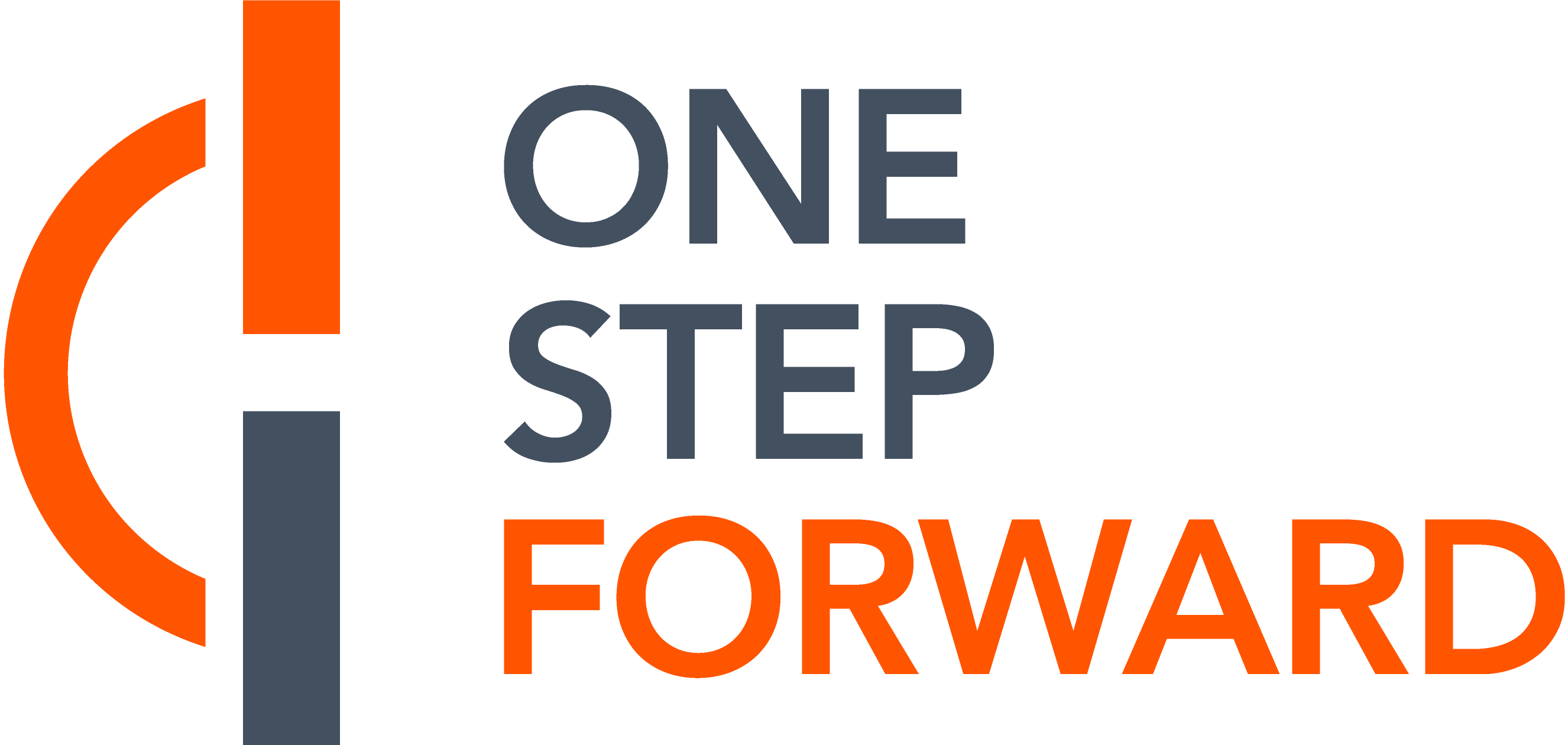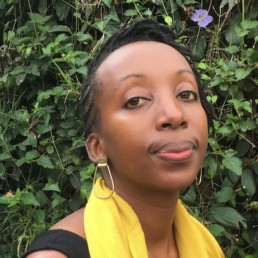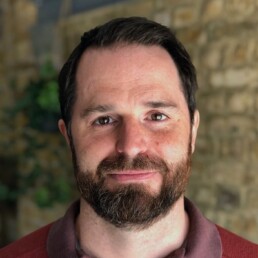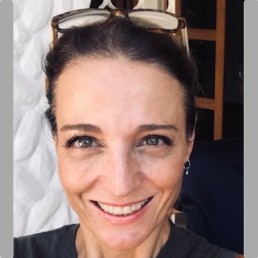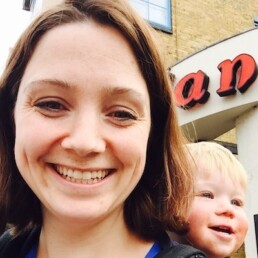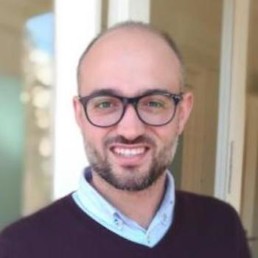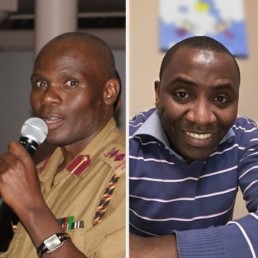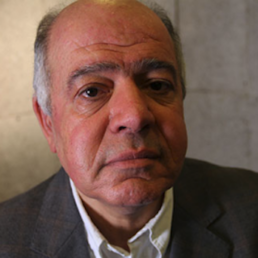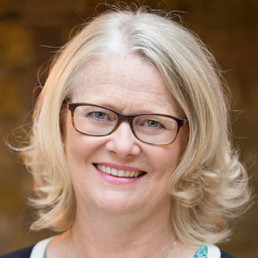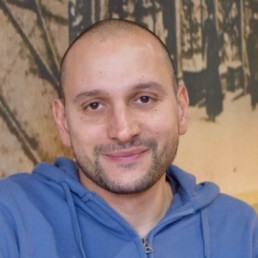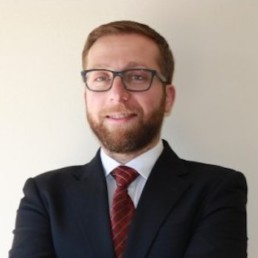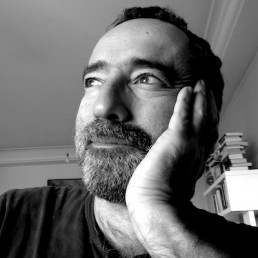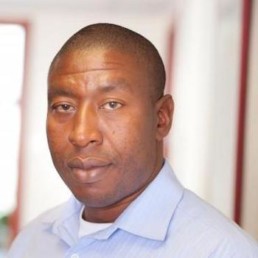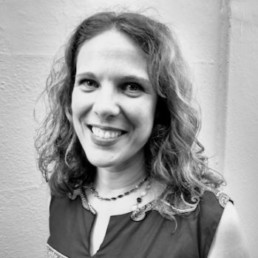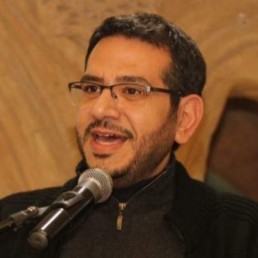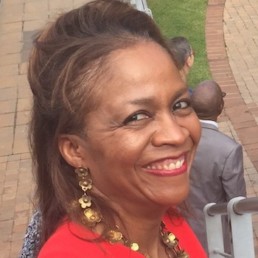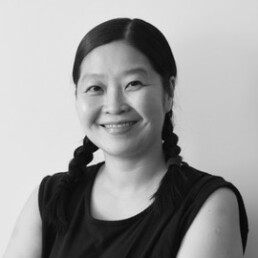Episode notes
Kathryn managed monitoring & evaluation for cross-border “stabilisation” programmes in Syria over the last five years (for the development consultancy Integrity).
These initiatives aimed to support functioning services and local governance in opposition-held areas, and to check the influence of extremist groups, in parallel with diplomatic processes.
The goal of her own work was thus to track how these approaches were working out in an extraordinarily complex and violent operating environment, and suggest the necessary adjustments to do better.
Topics discussed:
[03:10] A career path through the US Army, some of the unique difficulties of aid in Syria, and how Kathryn explains her job to her grandmother
[07:15] What cross-border “stabilisation” programmes looked like in Syria, and how they have adapted to changing circumstances.
[17:00] What “success” looks like in an escalating crisis. “Stabilisation” of peoples’ everyday lives, and not losing generations. Relations between local-level work and macro-politics in Geneva and elsewhere.
[23:25] The legacy and lasting effects of cross-border aid in Syria, as the government continues to re-establishes control over opposition areas. Differences between the north-east, north-west, and other parts of the country.
[31:40] Finding motivation and meaning in the work when the macro-level trends are so bad. Major personal takeaways from 4.5 years in Syria.
[41:40] Possible lessons of the experience in Syria for other crises in the future. A plea for more context-informed and flexible approaches.
[46:00] Comparing the outcomes of work on Syria with expectations going in. Positive takeaways alongside the difficulties.
[51:20] Adjusting to life back in the U.S., and finding space for personal and civic engagement. Being “good and mad”.
